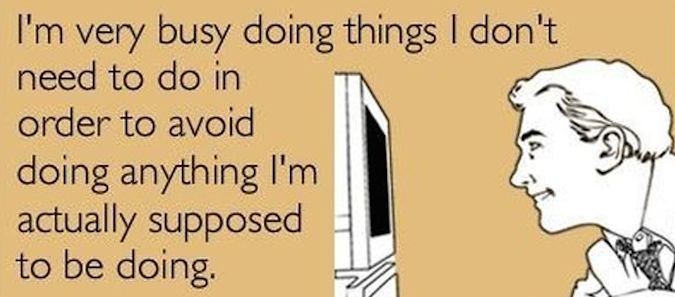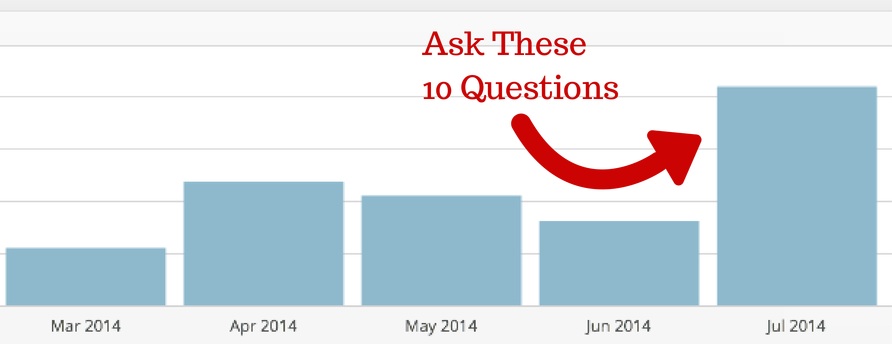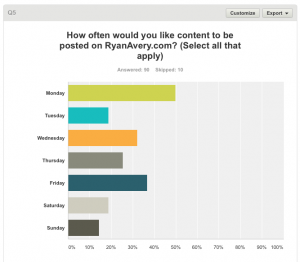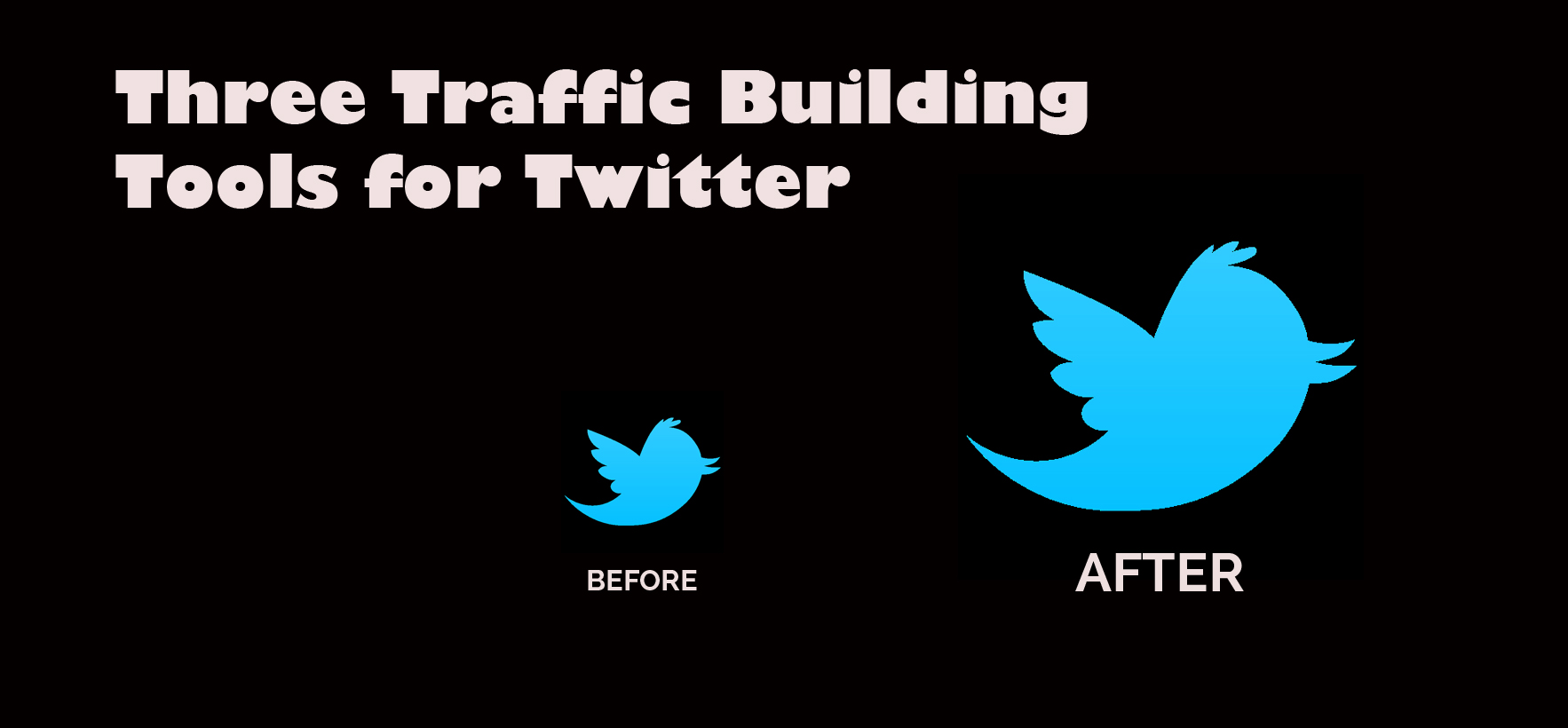
Procrastination is one of the biggest challenges leaders can face. I know the first step for me in getting over my procrastination addiction is finding ways to not let the pressure of the deadline motivate me. So what can we do about it?
Here are Seven Ways to Stop Procrastinating Starting Tomorrow:
1) Make a list: Write down all the things you need to get done on a piece of paper, on your computer notepad, cell phone, or anywhere you look on a regular basis.
2) Break it up: Let’s say you have 19 things to get done on your to-do list. Pick three to accomplish each day. Not 19! Three tasks, that’s it! If you have one really large task, break it up into even smaller components. For example, if you need to create a proposal for a new client, break it up into (a) research the company for one hour (b) write the proposal for three hours (c) spend one hour proofreading and seeing what else you need to add before sending it off to the client. Get three things done each day that are the most important. If you accomplish those, then move on to more! This will help you feel accomplished and train your brain to get more done.
3) Ask yourself what happens if you don’t get it done: What are the consequences if you procrastinate doing what you have planned? Will you be more stressed? Will you have to ditch your friends or family? Loss of sleep? What do you lose if you wait till the very end to get it done?
4) Ask yourself what happens if you do get it done: On the flip side, what do you get if you do it now? More time? More money? More experiences with your kids and family or friends? More opportunity to accomplish more? Knowing what you’ll get will help motivate you to get it done early!
5) Eliminate temptations: The best way to stop procrastinating is to get rid of the time wasters: social media, your cell phone, and people coming in and out of your office asking you questions. When I have tasks I need to do, my wifi is off, my phone is not in my office, and my door is shut. If you are being interrupted every ten minutes, it is hard to get anything done!
6) Get someone to hold you accountable: Let others know what you want to get done and by when. We seldom like to let those we love and like down, so if you tell them what you plan to do and by when, they will motivate you to get it done. You can also add a little more pressure by saying to the person, “and if I don’t get it done a week before my deadline, I will give you $20 cash!”
7) Reward Yourself: After every three things I accomplish each day, I reward myself. I either go for a walk, get a drink with my friends or watch a show with my wife. Don’t wait for the big reward at the end; reward yourself every step of the way!
Procrastination can be your worst enemy. It is definitely a habit worth breaking! Try incorporating one of these into your daily routine and see how much better you feel and how much more you accomplish in an everyday work situation! As always…
Dream BIG,
Ryan Avery
* Subscribe for more articles like this! Top right hand-corner of this page!












